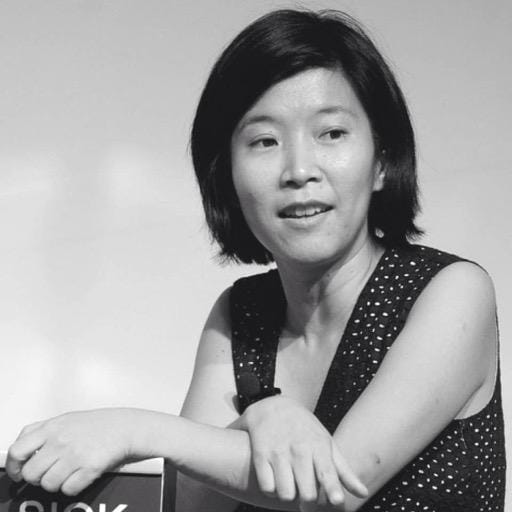How will you measure your life with James Allworth

James Allworth, co-author of “How will you measure your life” with Clay Christensen and Karen Dillon, joined us in an interesting discussion on the book and his reflections on disruption theory. From discussing motivational factors to why you should not outsource your childcare, James offered his thoughts and perspectives to how we can draw valuable ideas from businesses to apply to our lives. Finally, we have a short chat on James’ current podcast “Exponent” with Ben Thompson and also his thoughts on disruption theory and “jobs to be done” framework applying to not just Asian but global companies as a whole.
Here are the interesting show notes and links to the discussion (with timestamps included):
- James Allworth (@jamesallworth, LinkedIn, Newsletter, James’ articles on Harvard Business Review)
- The story of James Allworth
- How did James started off his career as a consultant and eventually end up in the area of business strategy intersecting business, technology and innovation? [1:04]
- His experience living and working in Asia: Thailand. [2:23]
- In his experiences with Apple and Booz and Co, how did they shape the way how he think about leadership and management? [3:42]
- Introduction to Medallia
- Currently, James is working in the company Medallia, a Sequoia backed B2B technology company. What does the company do to improve customer experience? [6:02]
- Hear James discuss how Medallia helped corporations out there to manage customer feedback and experience. [7:30]
- On the book: “How will you measure your life?” with Clayton Christensen and Karen Dillon
- How did he get involved on this project with Clayton Christensen? What attracted him to work on a book that focus on applying business theories into life? [11:40]
- One of the interesting parts of the book is that each chapter of the book highlights a theory that it applies to a challenge in life. What do you hope for your readers to learn from reading your book? [15:00]
- Some central ideas on the book: [17:00]
- Chapter 9 – The invisible hand inside your family: thoughts on company culture by Edgar Schein. [18:00]
- Chapter 2 – What makes us Tick: What motivates employees to work in companies? How does one select the job they want? Two broad categories: hygiene and motivational factors. [19:30]
- Chapter 4 – Your strategy is not what you say it is: How do they apply strategy to the processes of finding the right role, making changes if they don’t work out, making decisions on financial and family matters like buying a house, and finding happiness? [23:50]
- Chapter 7 – Sailing your kids on Theseus’s Ship: On the topic of kids and outsourcing which the book has put it very well about looking after your children and how we can’t outsource their lives out. What is the thinking behind this chapter? (Ref: BL’s point on JD Rockefeller) [25:55]
- Exponent Podcast and Thoughts on Disruption theory
- You are currently co-hosting a podcast called Exponent (iTunes, SoundCloud) with Ben Thompson of Stratechery and how did you end up getting involved in this media project? [33:44]
- What are the topics that both of you discuss? Is it mainly thinking about the broader implications to how technology companies are disrupting or being disrupted or how their current strategy lead to interesting outcomes for the future? [35:40]
- How will a Asian company go from a low cost disruption to a new market disruption? [38:30]
- “Jobs to be done” framework in thinking about disruption in Asia [41:00]
Podcast Information:
The show is hosted by Bernard Leong (@bleongcw) and are sponsored by Ideal Workspace (Twitter, Facebook and LinkedIn) with their new Aspirus Desk (Twitter, Facebook, Medium) and Linkcious (and check out their other product, Chiibi). Also check out Ideal Workspace’s new standing desk, Aspirus and sign up for their mailing list.



